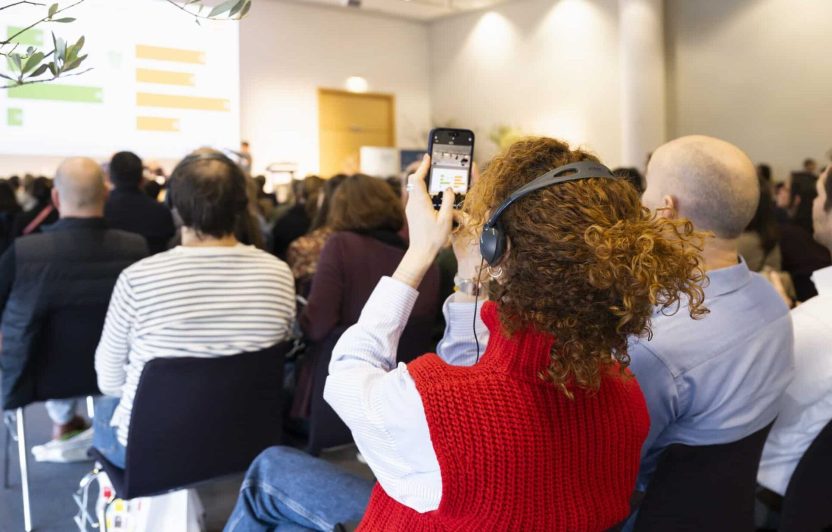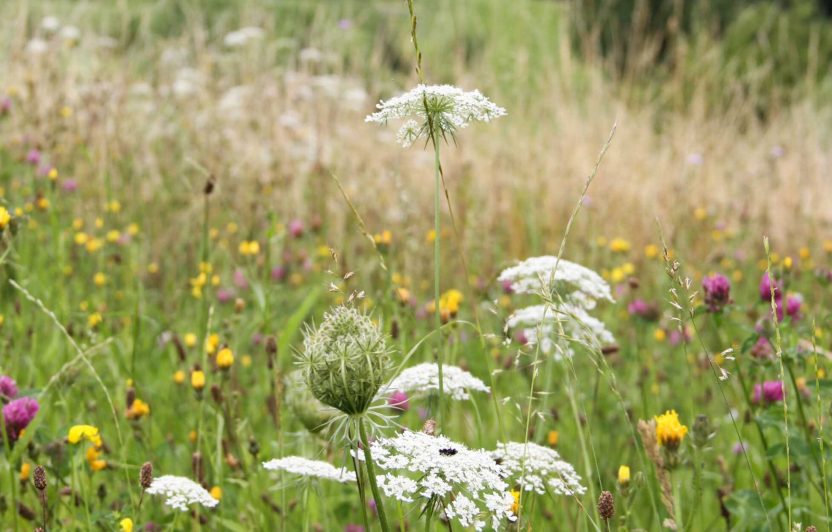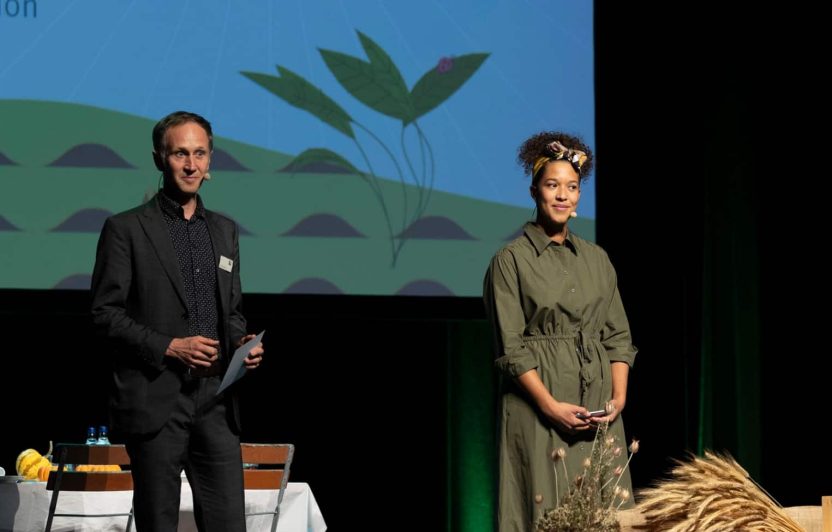Malaria Day 2019 in Kenya.
April 25th is World Malaria Day. In Malindi, its suburbs and the surrounding villages, this day has been celebrated with songs and dances to inform people about malaria for years. It is an especially important day for mosquito club members, most of whom are girls. There will be a large audience for their performances, which they practice regularly during the year.
The children of the 11 mosquito clubs in Malindi Subcounty act as malaria ambassadors. They are part of the “Stop Malaria” project that Biovision has supported since 2006. Using songs, chants and dances, they explain the causes of the disease to the numerous spectators and inform them about countermeasures. In their neighborhoods, they ensure that everyone sleeps under mosquito nets, that puddles are drained and that plastic waste is collected.
Fewer mosquitoes – less malaria
Mosquitoes transmit malaria pathogens (plasmodia) to humans. The lower the number of carrier mosquitoes, or vectors, the lower the possibility of infection. Biovision, the International Insect Research Institute (icipe) and the state-owned Kenya Medical Research Institute (KEMRI) concentrate on environmentally friendly mosquito control in their joint “Stop Malaria” project. They focus on managing mosquito breeding waters and on interrupting disease transmission between mosquitoes and humans. The latter can be achieved through the consistent use of bed nets.
Significant decline in disease cases
In Malindi’s project areas, people have learned to apply control methods independently. For example, Kahindi Mutsolwa, a 71-year-old cattle farmer, rehabilitated the well behind his house because mosquitoes used to breed regularly in the puddles around the waterhole. “Back then, countless mosquitoes bit us evening after evening,” he remembers today, adding that he could hardly sleep because of the insistent “singing” of the mosquitoes. “Now there are many fewer mosquitoes,” he says relieved. “I only have about one or two stings per evening.” The number of malaria cases in the project area has been so reduced that the illness is now rare.
Mosquito scouts – the key to success
The so-called mosquito scouts in particular are responsible for this enormous progress. Today, 10 of the original 16 women and men who were trained in the project are still active as scouts. They all work for a small compensation and are each responsible for two areas of one square kilometer. Once a week, the scouts tour their areas to control for mosquitos, clean mosquito breeding sites and instruct people in the rainy season to implement the measures of integrated vector management (IVM*).
One of the first mosquito scouts was the 46-year-old Mwana Amani, a single mother of three children who earns her living selling vegetables. Thanks to her proven skills as an educator for the population, she regularly finds paid work as a community worker. For example, she is commissioned by authorities or NGOs to conduct awareness campaigns against tuberculosis, HIV AIDS or domestic violence.





